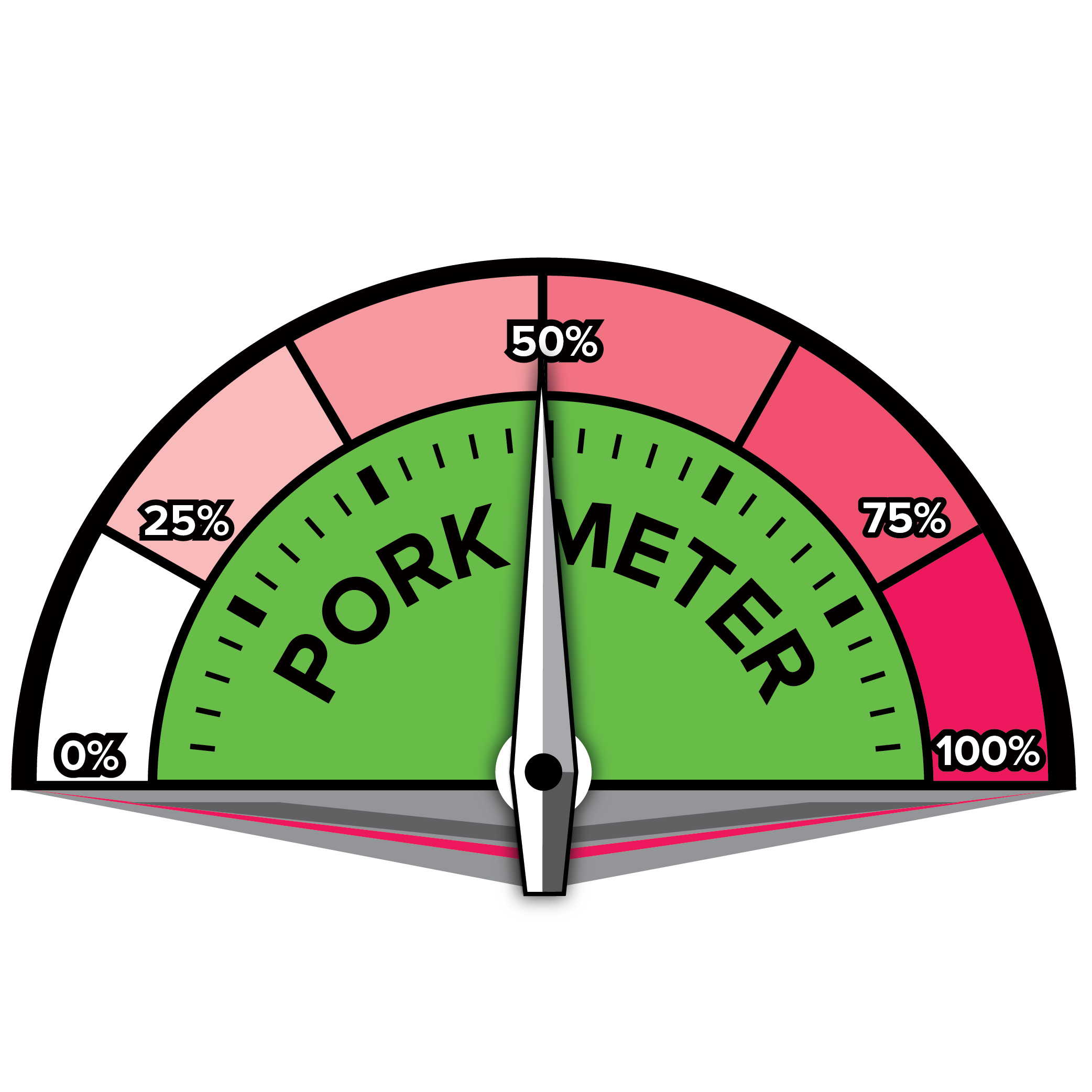Politics, Pork!
Sheriff: GOP Rep. Jackie Walorski killed in automobile crash
ISTHATPORKS TAKE:
No matter the political affiliation, for most of us, it's never good when anyone passes. Death is PORK as it is. However, passing away from a car crash leads us to believe that there was some PORK done by an individual. Could it have been avoided? We may never know.

Politics, Pork!
Nancy Pelosi’s husband ‘violently attacked’ by assailant hunting for her.
Politics, Pork!
Kari Lake Won’t Say If She’ll Accept Arizona Election Results If She Loses
Politics, Pork!
Affidavit: Trump residence search triggered by classified records, obstruction
-

 Celebrity, Food Years Up!2 years ago
Celebrity, Food Years Up!2 years agoKanye West apologizes for George Floyd comments, saying Adidas’s ordeal humbled him.
-

 Celebrity, Food Years Up!2 years ago
Celebrity, Food Years Up!2 years agoWILL SMITH …FLOYD MAYWEATHER CHECKED ON ME 10 DAYS STRAIGHT AFTER OSCAR SLAP …
-

 Hip Hop3 years ago
Hip Hop3 years agoDABABY WALMART SHOOTING SURVEILLANCE VIDEO… Reviewed, NOT A SMOKING GUN!!!
-

 General News, Pork!2 years ago
General News, Pork!2 years agoFour teens were killed in an accident after doing “The KIA Challenge” on TikTok.
-

 celebrity2 years ago
celebrity2 years agoIn Joker costume, Diddy clashes with “Power” actor.
-

 celebrity2 years ago
celebrity2 years agoJanet Jackson and Jill Scott are called out by Tyler Perry for “Why Did I Get Married?”
-

 Sports, Food Years Down!2 years ago
Sports, Food Years Down!2 years agoIce Cube accused of owing BIG3 players.
-

 General News, Pork!3 years ago
General News, Pork!3 years agoTen people were killed in a hate crime at a supermarket in Buffalo in which the suspect fired 50 rounds.


